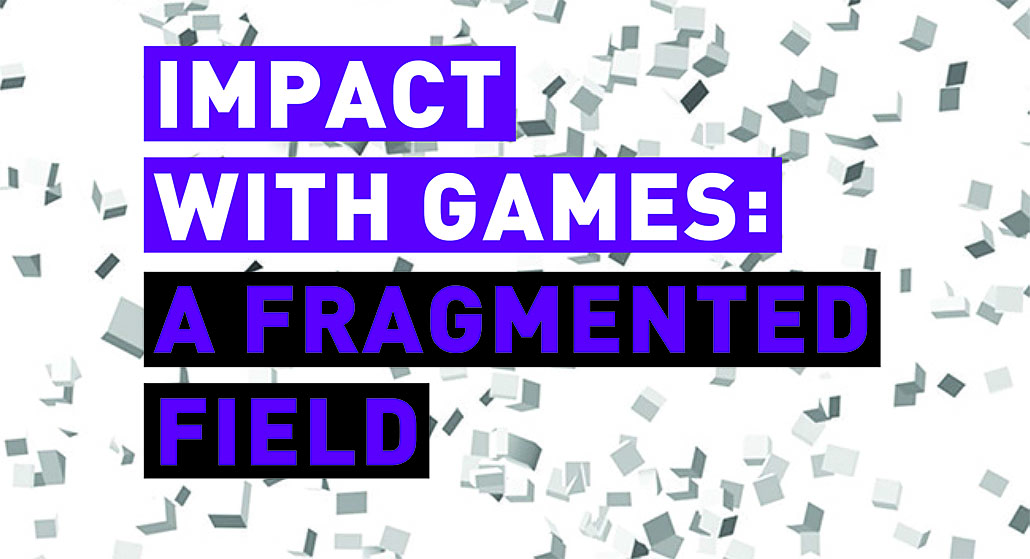
Researchers hope to begin a conversation about how to define and measure the impact of games.
Even as the number of learning games continue to grow and the size of the industry expands, some in the learning games world are deeply worried the big picture is getting lost. As games affect social movements, influence formal education and reshape corporate training, is the idea of understanding their effectiveness being lost?
A group of researchers, academics and activists are worried the industry faces a problem about identifying and communicating what these games are doing. Sometimes called effectiveness or discussed in education as assessment, they want to reframe the conversation around a different term: impact.
“Impact is the shared goal of every social impact game: to have an effect, an influence — to make a difference on an individual or community level, or even affect society. Types of impact abound,” the authors write in their first report released this week. “But there are deep differences in how the word is understood.”
The initial report proposes five areas that need to be addressed if there is to be a more consistent and coherent way to measure the effects of games on learning. There include:
- 1. Impact is defined too narrowly: When impact is defined too narrowly, some games are dismissed for the wrong reasons and their impact is overlooked.
- 2. Key terms are politicized: When stakeholders use core terms (like ‘game’ and ‘assessment’) polemically, productive debate often breaks down as the community becomes polarized.
- 3. Evaluation methods are inflexible: When researchers have just one gold standard for evaluating games, honest inquiry into complex games is undermined and design becomes more siloed and rigid.
- 4. Applicants are confused by calls for funding and awards: When organizations advertise a call for proposals, new applicants are often confused about the categories and debate is harmed by a premature (and unintended) sense of consensus.
- 5. Typologies are deep but not connected: When experts summarize the field they must draw boundaries, but consumers of research need ways to connect various frameworks, literature reviews and typologies.
The report also included a plea from the head of Games for Change, Asi Burak, and Benjamin Stokes, a member of the group working on the report, asking for the community’s help in redefining the idea of impact.
We fear the gulf between research and practice is growing as silos begin to deepen. We are missing a shared language of impact — many terms are unwittingly divisive, their power elevates one kind of game while undermining another. Both sides must come together: if developers refuse to model impact, or if researchers undermine the beauty and art of games, we will not succeed.
— Asi Burak and Benjamin Stokes
The group has launched a website that aims to foster a conversation among the stakeholders over the coming month to better refine the areas of study that they should focus on and explore.
The idea is sure to come up in the halls at Games for Change this week, but others can participate in the conversation by visiting gameimpact.net.
